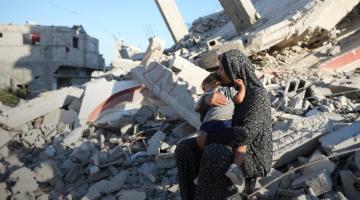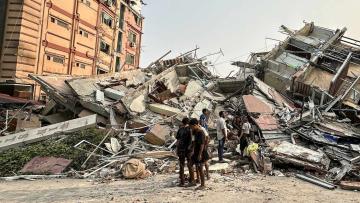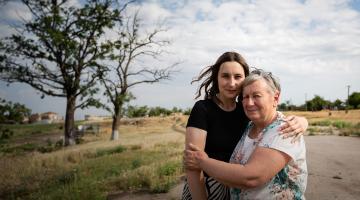
How southern Ethiopia is recovering from drought with the help of your donations
East Africa is experiencing its first successful rainy season in more than two years, and DEC donations are helping people rebuild their lives.
By
Monica Blagescu, Director of Programmes & Accountability
East Africa is experiencing its first successful rainy season in more than two years, and DEC donations are helping people rebuild their lives.
29 May 2018
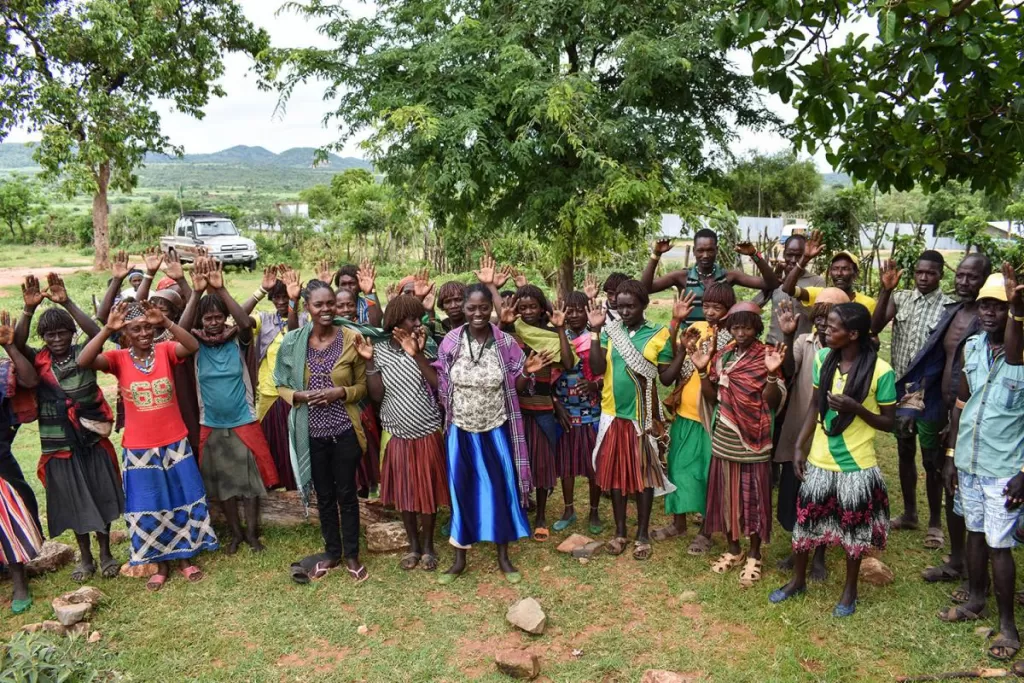
Villagers in Bena Tsemay, South Omo, one of the worst hit areas in the 2017 drought. The village received cash, tools and training from a local partner of Christian Aid using DEC funds. Image: Barney Guiton/DEC
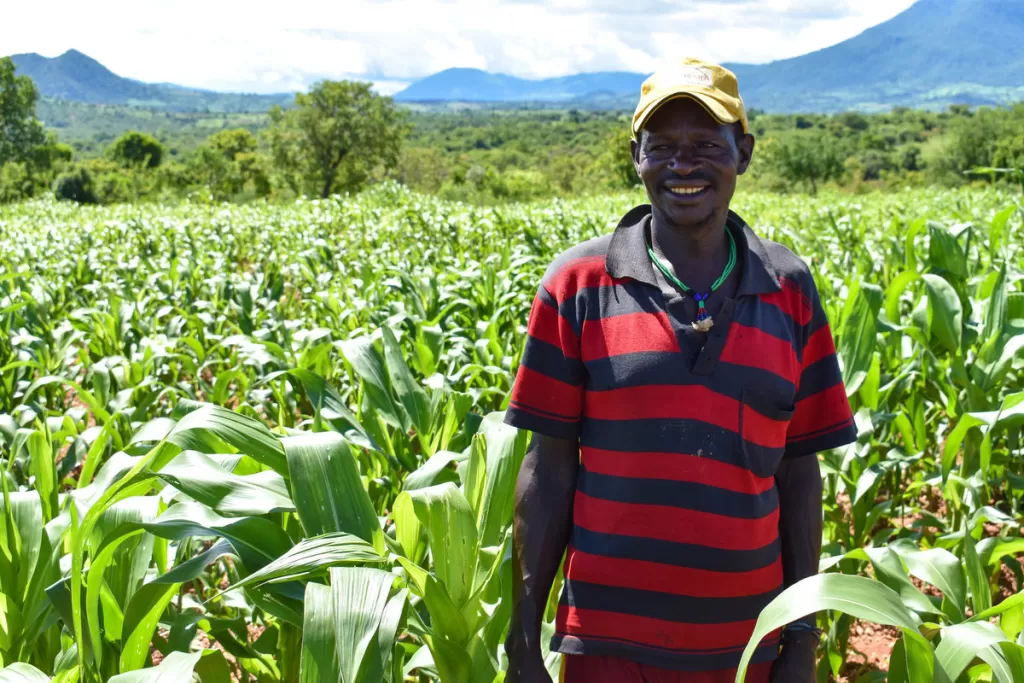
Doida stands in his field of maize, grown with seeds and sown with tools funded by a DEC charity. Image: Barney Guiton/DEC.
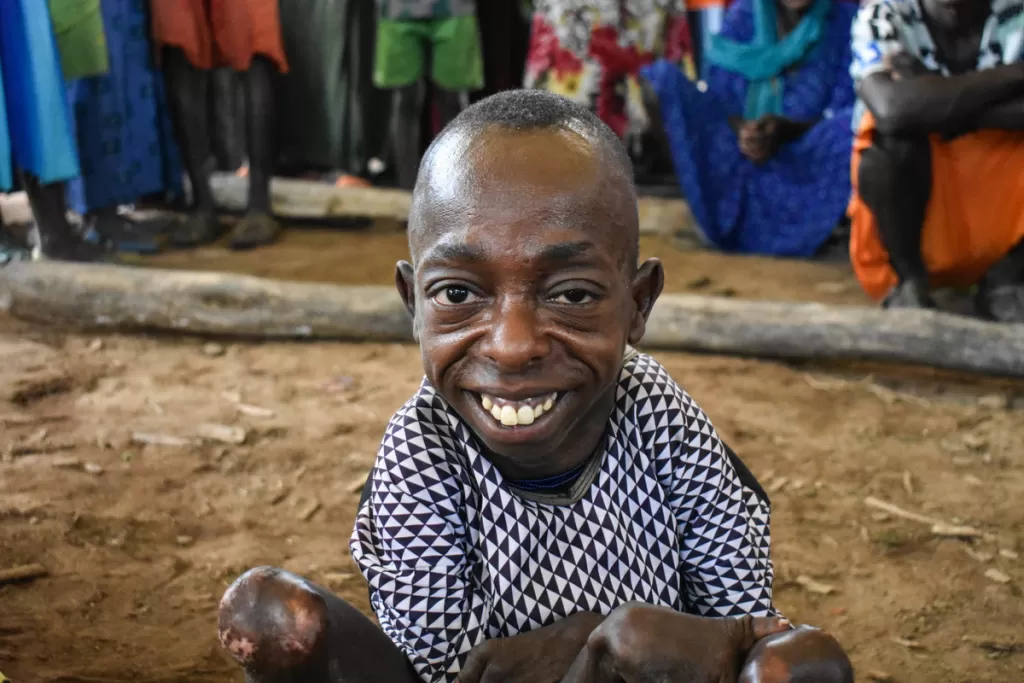
Sale received unconditional cash transfers to help him through the drought. Image: Barney Guiton/DEC.
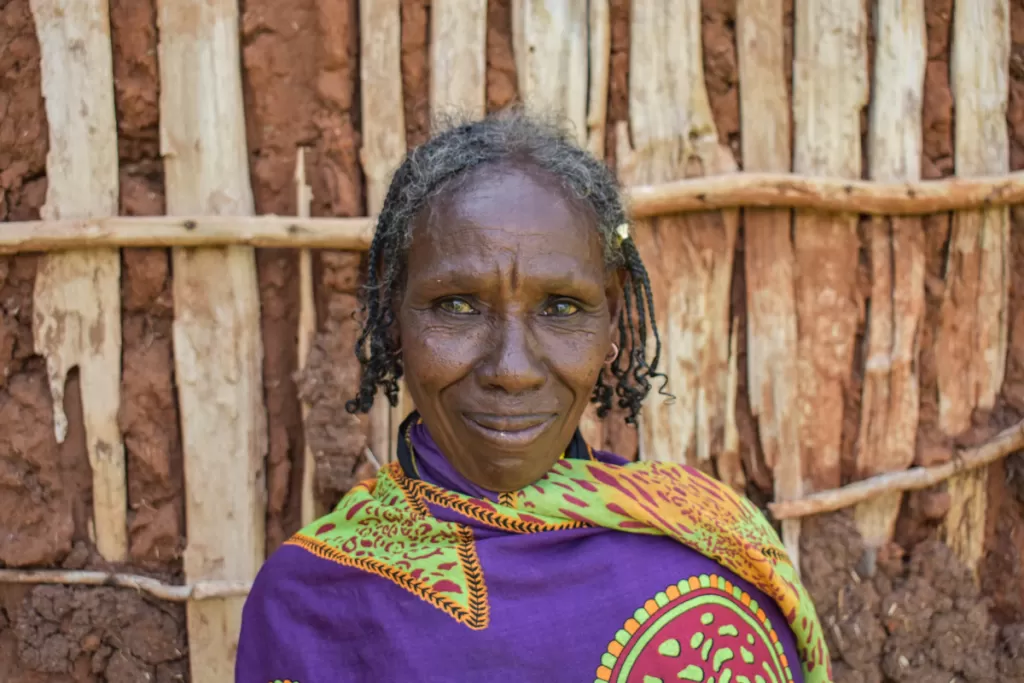
Elema was malnourished but is now doing well thanks to a DEC-funded nutrition programme. Image: Barney Guiton/DEC.
